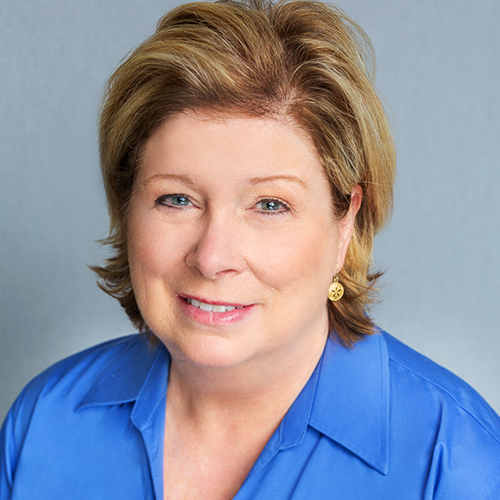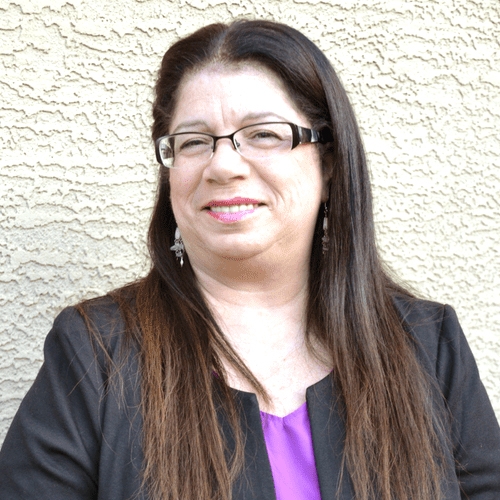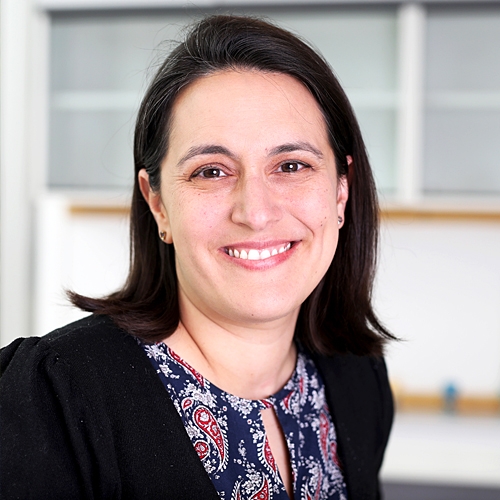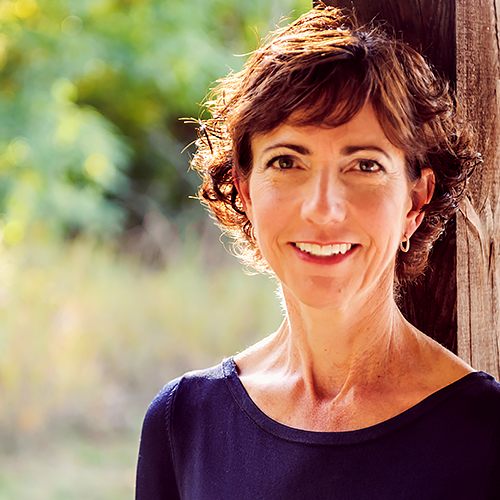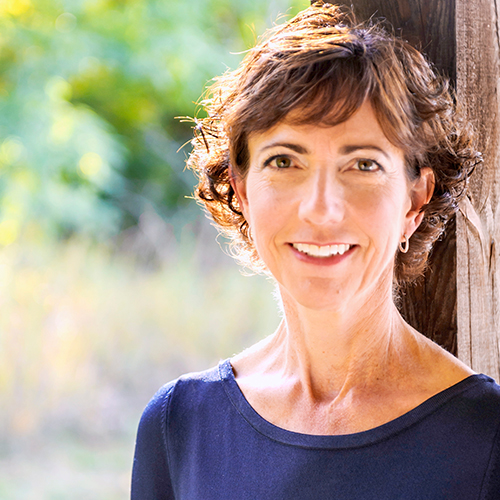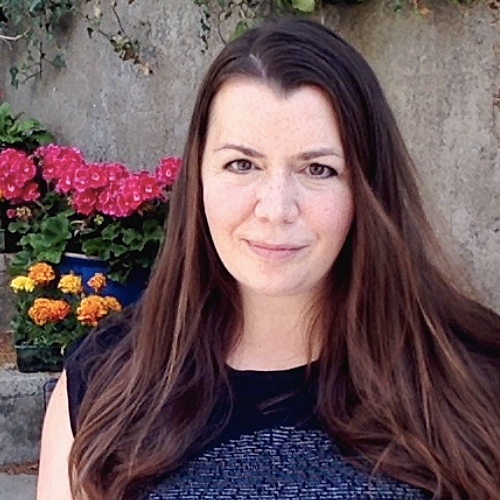 IBCLC Detailed Content Outline: Development and Nutrition / Infant Focused CERPs - Section I A
IBCLC Detailed Content Outline: Development and Nutrition / Infant Focused CERPs - Section I A
Access CERPs on Development and Nutrition / Infant for the IBCLC Detailed Content Outline recertification requirements. On-demand viewing of the latest Development and Nutrition / Infant focused IBCLC CERPs at your own pace.


Shondra Mattos is an IBCLC, Entrepreneur & Speaker who delivers progressive, up-to-date lectures that challenge the current standard of Lactation Care. She is widely regarded as the go-to source for those looking for clear, understandable clinical knowledge.
In 2018, Shondra rebranded her lactation practice Mattos Lactation and provided location-independent lactation support to families across the country. In 2020 she founded Lactnerd LLC with the focus of helping healthcare providers gain knowledge while conquering the intimidation of learning the complex science of Lactation.
Through her companies- Lactnerd & Mattos Lactation - she provides tools, resources, education & mentoring to aspiring and established lactation professionals across the USA.
This presentation will cover skills & strategies of conducting assessments of oral dysfunction in a telehealth setting, a situation many Lactation providers were thrusted into due to Covid-19. Through real life examples of processes & strategies I use in my location-independent practice which specializes in oral dysfunction, the learner will gain practical insight to improve the quality of the virtual lactation visits they provide.
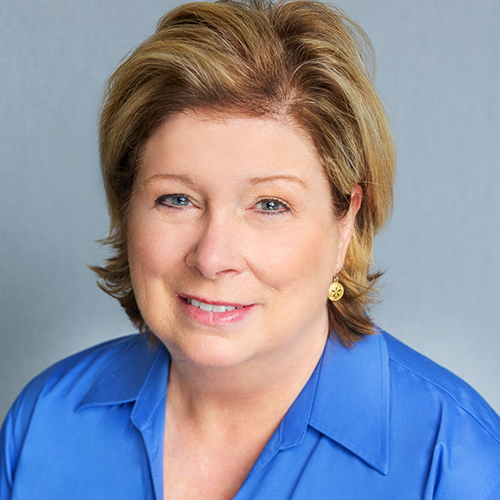

Dr. Scott is the coordinator of the advanced practitioner group for Mednax Medical Group in Nashville, Tennessee as well as the coordinator of the neonatal transport service at Centennial Medical Center, also in Nashville. She is also an assistant professor in the neonatal nurse practitioner program at Vanderbilt University School of Nursing. For the last few years, she has become interested in the use of telemedicine in neonatal care and works with a Neonatology practice that actually practices using telemedicine in Level I and II facilities. She is also involved in quality improvement at the state level through her work with the Tennessee Initiative for Perinatal Quality Care.
Patti received her Bachelor’s Degree in Nursing from Vanderbilt University in 1988. Her Masters of Science Degree in Nursing with a specialty in neonatal critical care was completed in 1993 from Vanderbilt University and her Doctorate in Nursing Practice from the University of Tennessee Health Science Center. She has successfully completed the National Certification Corporation's Neonatal Nurse Practitioner, Neonatal Pediatric Transport, and the Neonatal Intensive Care examinations.
Patti is a member of several nursing, advanced practice, and neonatal professional organizations. She is an active NRP and S.T.A.B.L.E. instructor and has developed and provided numerous neonatal educational courses for staff.
The use of telemedicine is an emerging trend in health care, this includes neonatal care. Benefits include real-time access to experts routinely and during emergency situations such as delivery room resuscitations and stabilizations, the ability for families to stay connected to their newborn in the Newborn Intensive Care Unit (NICU) after the mother has been discharged from the hospital, and to assist in the decision for transport of the newborn to a higher level of care. Several studies have documented the reduction in transfers from community hospitals since telehealth has been implemented in the nursery. Limitations include the need for knowledgeable and experienced providers to be at bedside, physicians who are familiar with advance practice providers and their abilities, and the technical challenges that can present and have to remedied.
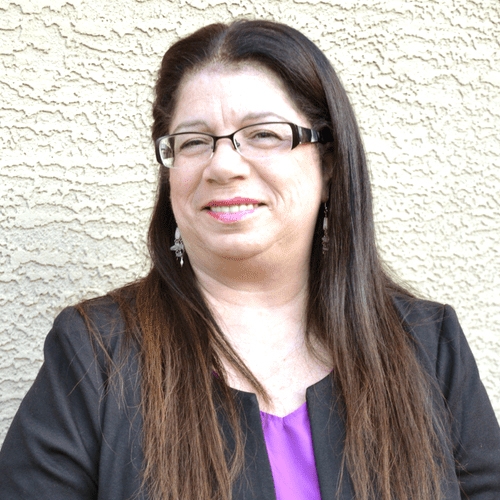

Lori J. Isenstadt, IBCLC, CCE, CBD, began her IBCLC career in 2 large hospitals and a local breastfeeding clinic. In 2007, she opened her practice, All About Breastfeeding, offering private consultations, and breastfeeding classes. Her expertise ranges from basic breastfeeding through the most complicated of breastfeeding challenges. In the last 30 years, Lori has taught breastfeeding classes to over 8000 parents where she focuses on what they should expect in the early days of breastfeeding. Lori is a member of Toastmasters International and enjoys speaking about mothering and breastfeeding. Lori is the host of All About Breastfeeding, a podcast where she interviews mothers, authors, researchers and physicians about topics related to breastfeeding. Lori believes that breastfeeding is a family affair. To help support her mission to educate families as well as corporations and business owners about breastfeeding, she has recently released the most comprehensive audio breastfeeding masterclass. She has produced over 300 shows many of which focus on breastfeeding educational topics. On a personal note, Lori resides in Phoenix, AZ is married to Alan for 38 years and is the mother of three adult children. Lori can be reached by email: [email protected] and website: www.aabreastfeeding.com
Topic: The Good news about delivering bad news: how to present difficult information to parents - [View Abstract]
Topic: The Original Foster-Mother Were Wet Nurses - [View Abstract]
The historical evolution of infant feeding includes direct breastfeeding, wet nursing and bottlefeeding. Before the invention of bottles/ vessels to feed babies, wet nursing was the safest and most common alternative way to feed a baby. As bottles and nipples were developed, scientific advancement improved formulas, wet nursing fell out of favor. It gradually went from being widely accepted as the most normal way to feed a baby to where we currently are as a modern society. It is negatively seen as being weird and risky behavior. When mothers do not breastfeed or give their babies human milk, they use formula to feed their babies. Given the current knowledge of lack of complete nutrition formula has more mothers are showing an interest and actively pursuing wet/cross nursing. This presentation will help us understand the history of wet nursing and offer reasons to support, advocate and be encouraging to mothers who want to participate in the practice of wet/cross nursing.

View Details / Enroll
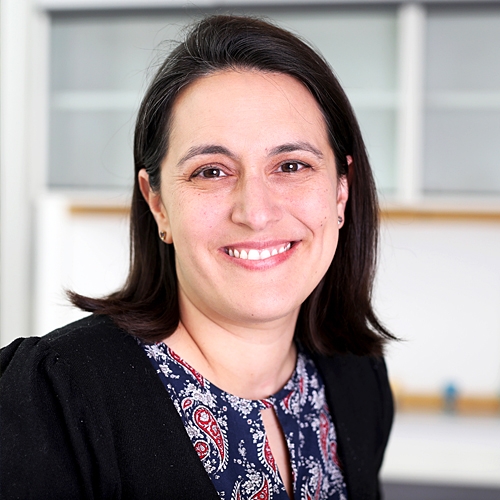

Dr Natalie Shenker is a former surgeon, scientist, and the cofounder of the Human Milk Foundation, which aims to ensure more babies are fed with human milk. As well as supporting a range of educational and research studies, the HMF aims to ensure assured access to screened donor milk through a network of human milk banks based on the cost-effective innovative model of the Hearts Milk Bank (HMB). Milk banks provide screened breastmilk to premature babies whose own mothers need time to establish breastfeeding, protecting them from a range of life-threatening complications and supporting the mother to breastfeed. The HMB has been operating in the UK for 18 months, and has supported neonatal units as well as families in the community where breastfeeding is impossible or taking time to establish.
Evolution has created human milk as a way to protect the baby postnatally, patterning the immune system and microbiome, and providing diverse developmental cues for each organ system to develop normally. Milk also provides nutrition. When screened donated human milk (DHM) is available, mothers facing the most stressful circumstances of having an ill premature baby tend to have high chances of establishing breastfeeding. If donor milk is used appropriately as a bridge to lactation, they are less likely to perceive that their bodies have failed. The work of the Hearts Milk Bank over 18 months have laid the foundation for a UK-centred drive to upscale milk bank capacity, facilitate research to determine the optimal use of donor milk, and support a shift in perception about the role of human milk, underpinned by the latest science.

View Details / Enroll
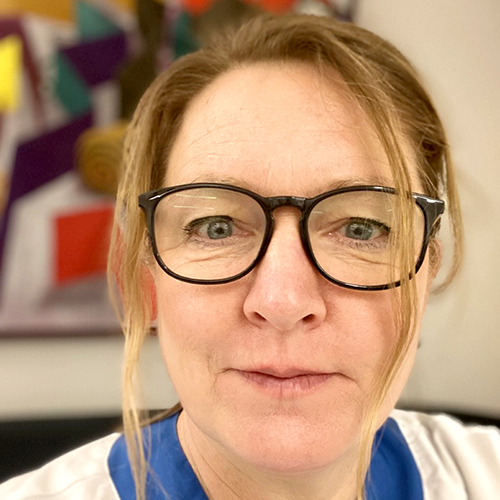
The Swedish Experience of Parental Involvement and Nurturing Care of Extremely Preterm Infants in the NICU

Became an RN, 1994. PhD in medical sciences Uppsala University, Sweden, 2012 (The name of the thesis: Kangaroo Mother Care - Parents’ experiences and patterns of application in two Swedish neonatal intensive care units).
Currently one of two Head nurses at the NICU in Uppsala, Sweden and are responsible for nursing care research, education and nursing care improvement. Also an associate professor at Uppsala University. Is an active researcher within research area around neonatal care and has about 30 scientific publications in peer-reviewed journals.
This presentation will focus on the nurturing care of extremely preterm infants and their parents. Parent-infant separation is commonplace in NICUs and even more if the infant is born extremely preterm. Parent’s presence could be restricted by the rules and routines in the neonatal intensive care environment and skin-to-skin contact is not always possible due to the infant’s condition. Early and extensive contact between the infant and the parents enables the parents to get to know their infant and to feel and act like parents. At the NICU in Uppsala, Sweden, our experience is that parents, even those who have an extremely preterm infant want to be present and to stay close, 24/7, to their infant during the infants NICU stay. The aim of this presentation is to report clinical experiences from the NICU in Uppsala about how the NICU environment and NICU staff can facilitate or hinder parental presence, parental participation, and skin-to-skin contact when the infant is born extremely preterm.
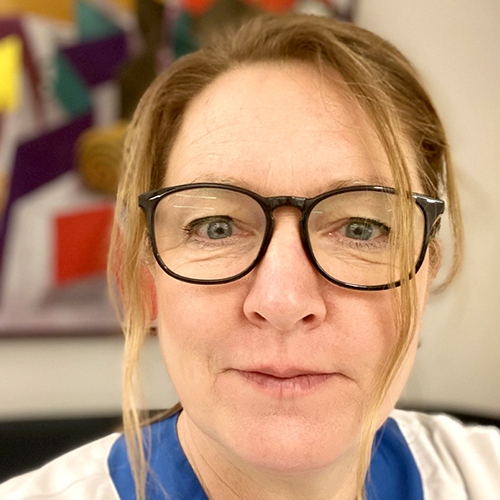
View Details / Enroll
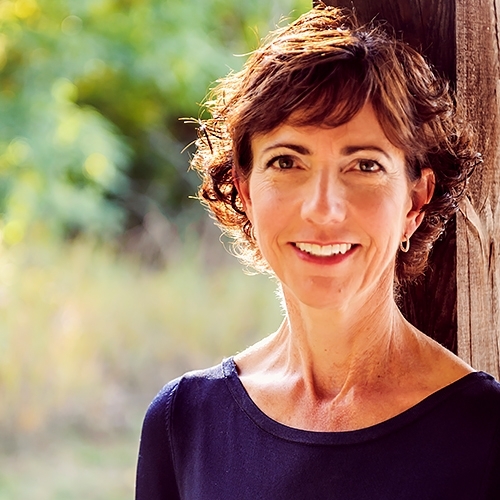

Dr. Sharon Unger comes from the East Coast of Canada and is a neonatologist at Sinai Health System in Toronto, Canada. She is a co-primary investigator for the Canadian Institutes of Health Research funded OptiMoM and MaxiMoM programs of research as well as the medical director for the Rogers Hixon Ontario Human Milk Bank. Her research interests are primarily in the use of human milk for the high risk neonate and its long term impact.
Mother’s milk is the unequalled nutritional source for the preterm or medically fragile neonate. Beyond its nutritional impact, it contains a myriad of bioactive molecules that are of particular health importance for the sick neonate. A majority of mothers who are pump dependent with an infant in a neonatal intensive care unit have an incomplete supply of their own milk. In this instance, human donor milk is an important supplement to have available while the mother is supported to increase her own milk supply. This lecture will focus on various aspects of the use of human donor milk including a review of the differences between mother’s milk and donor milk and the current methodologies used for processing donor milk. Recommended clinical guidelines will be discussed that are based on the evidence for short and long term health outcomes following the use of donor milk in the neonatal period. Future considerations will be explored including ethical issues with respect to donor milk use.

View Details / Enroll

Touch a Life, Impact a Lifetime: The Therapeutic Value of YOU

A leader in neonatal nursing, Mary Coughlin MS, NNP, RNC-E has pioneered the concept of trauma-informed care as a biologically relevant paradigm for hospitalized newborns, infants, and their families. An internationally recognized expert in the field of age-appropriate care, Ms. Coughlin has over 35 years of nursing experience beginning in the US Air Force Nurse Corp and culminating in her current role as President and Founder of Caring Essentials Collaborative. A published author of a myriad of manuscripts, chapters and textbooks, Ms. Coughlin has mentored close to 10,000 interdisciplinary NICU clinicians from over 14 countries to transform the experience of care for the hospitalized infant and family in crisis.
Early life adversity and the associated toxic stress literally gets under our skin and is embedded in our biology. Authentic nurturing experiences during early life, or the lack of them, are directly linked to mental health outcomes. The sense of touch plays a salient role in social relationships with important neurodevelopmental and psycho-socio-emotional outcomes. Healing presence and authenticity underlie caring actions, attitudes and behaviors. This talk will introduce the biological underpinnings of our unique therapeutic value in the clinical setting.

View Details / Enroll
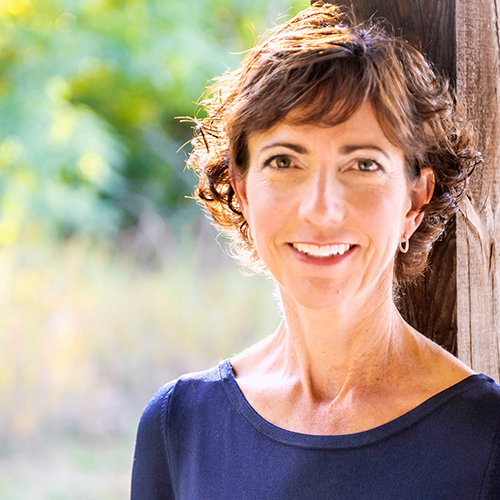

Dr. Unger is a neonatologist at Sinai Health in Toronto, Canada. She is the medical director of the Roger Hixon Ontario Human Milk Bank and a professor of pediatrics at the University of Toronto. She is a co-primary investigator for the Canadian Institutes of Health Research funded MaxiMoM: Maximizing Mother’s own Milk Program of research. Dr Unger graduated from medical school at Dalhousie University on the east coast of Canada. She is the proud mother of three teenage daughters.
Although human milk confers important health promotion benefits to all infants, vulnerable babies admitted to an NICU stand to benefit even more. Their parents are typically strongly motivated to provide their own milk, although for a variety of reasons, such as parental ill health and stress (often complicated by the pandemic), parents may not have a full volume of their own milk. In this case, donor milk is the recommended supplement to bridge until parent’s milk is available. There is strong research evidence to support the use of human donor milk in preterm infants to prevent necrotizing enterocolitis, while there is less available evidence for the use of donor milk in late preterm infants. There are important differences between parent’s milk and donor milk with respect to their nutrient and non-nutrient components which may be secondary to processing techniques used in creating batches of donor milk. It is important to understand these differences and be able to interpret nutritional labelling on donor milk. Newer techniques in pasteurization may address some of the losses of bioactive molecules in human milk.

View Details / Enroll
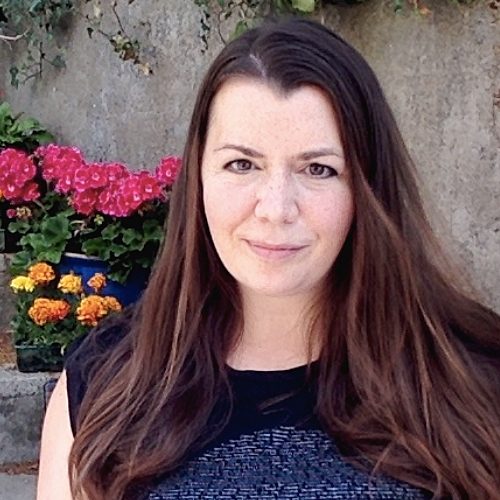

Professor Amy Brown is based in the Department of Public Health, Policy and Social Sciences at Swansea University in the UK. With a background in psychology, she has spent the last thirteen years exploring psychological, cultural and societal influences upon infant feeding decisions in the first year. Her research seeks to understand how we can shift our perception of how babies are fed away from an individual mothering issue to a wider public health problem – with societal level solutions. Dr Brown has published over 60 papers exploring the barriers women face in feeding their baby during the first year. She is a mother to three human children and three book babies: Breastfeeding Uncovered: Who really decides how we feed our babies, Why starting solids matters, and The Positive Breastfeeding Book: Everything you need to feed your baby with confidence. She is a regular blogger, aiming to change the way we think about breastfeeding, mothering and caring for our babies.
Topic: Breastfeeding Trauma: How Can We Recognise and Support Mothers Who Wanted to Breastfeed but Were Unable to Meet Their Goals? - [View Abstract]
Topic: How Can We Better Support Mothers Don’t Meet Their Breastfeeding Goals? - [View Abstract]
Topic: What Do Normal Infant Feeding Patterns Really Look Like? - [View Abstract]
We know that responsive feeding gets breastfeeding off to the best start. New parents are told that breastfed babies often feed 8 – 12 times a day, but in practice many new mothers will find themselves breastfeeding more frequently than this. Research exploring breastfeeding frequency is however conducted primarily with younger infants, focuses simply on breast versus bottle, or was funded by industry.
This presentation reports novel findings from a research study of 18,000+ mothers with a baby or child aged 0 – 5 years old. It examines how often babies feed during the day and night for each age range by milk feeding type, mode, and approach (e.g. schedule versus responsive) and how frequent day and night feedings remain the norm for breastfed babies into the preschool years. The data also explores differences in maternal perceptions of infant variations in hunger e.g. in response to growth spurts, variations over different days, and cluster feeding, highlighting how breastfeeding mothers describe a more varied pattern of infant feeding compared to those formula feeding.
Together the findings challenge notions that most babies breastfeed between 8 – 12 times per 24 hour and that irregular patterns or varied numbers of feeds are normal for breastfed infants. Although many breastfeeding practitioners will recognise this pattern, these findings will provide both an addition and challenge to the scarce existing research literature on infant feeding patterns.

View Details / Enroll
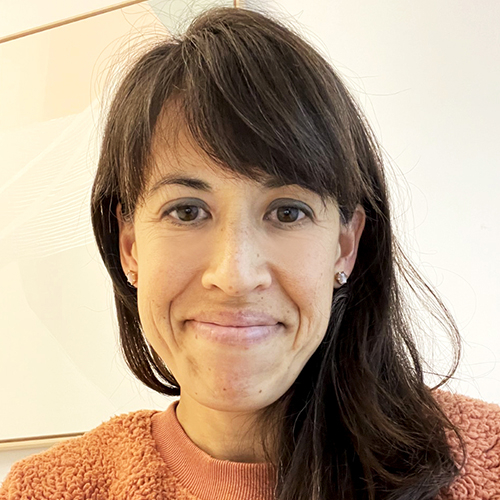
What Is Stopping Us? Kangaroo Care Implementation in Neonatal Intensive Care Units

Sarah Coutts is a registered nurse and lactation consultant with over 10 years experience in the neonatal intensive care unit. She currently is working as a Developmental Care Specialist in a NICU in Vancouver, Canada. Previous to this position Sarah was the Kangaroo Care Coordinator of an implementation science study to improve uptake of Kangaroo Care in NICUs in British Columbia. She is part of team of clinicians and researchers interested in understanding the barriers and enablers to Kangaroo Care from both the healthcare provider and parent perspectives and creating innovative strategies to increase knowledge and practice of Kangaroo Care in the NICU. She is passionate about raising awareness of the positive outcomes of zero separation between preterm and sick infants and their parents in the NICU.
Preterm infants are at increased risk for impaired neurodevelopmental outcomes (Stoll et al, 2010). There is evidence supporting the differences in outcomes related to how we provide care to preterm infants and the effects of the environment in which the care takes place. One of the most effective ways to reduce impaired infant outcomes is inviting parents to actively participate in care activities and provide Kangaroo Care (Boundy et al., 2016; Charpak et al., 2017). Despite international recommendations, empirical evidence, and an implementation science project focused on strengthening Kangaroo Care in neonatal intensive care units in British Columbia, Canada, implementation has been slow due to various barriers to uptake (Charpak et al., 2020; Coutts et al., 2021; WHO, 2020). A ‘one size fits all’ approach cannot guide Kangaroo Care implementation as it is a complex intervention and each NICU presents unique barriers and enablers. The uptake of Kangaroo Care relies on the involvement of parents and healthcare providers and their understanding and commitment to the evolving paradigm shift in neonatal care. This transition requires environmental and social supports, systems level change of philosophies of care, and assistance for healthcare providers to recognize their changing role.
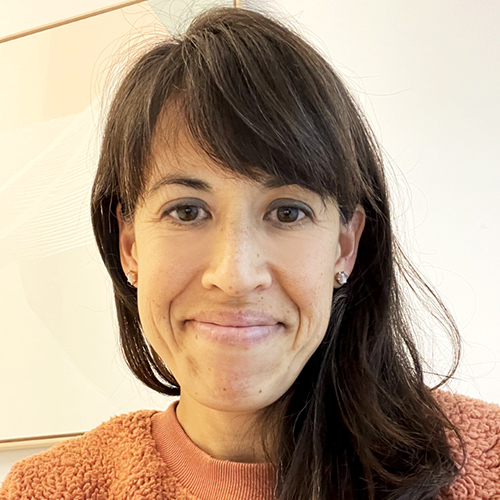
View Details / Enroll




